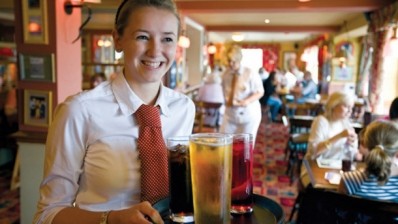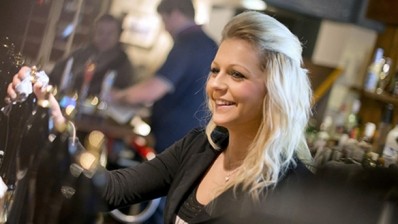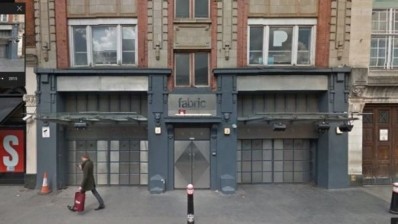STAFF PAY
Europeans paid less than Brits in London pubs, research claims

Hospitality workers from countries outside the European Union who come to work in the capital earn even less, making an average of 20% less than British staff, according to a survey by hospitality recruitment specialists, the Change Group.
Craig Allen, director of the Change Group, said: “London restaurants [including pubs] are very diverse places with people from all over the world working together to deliver some of the best cooking and service on the planet."
Discrepancy
He added: “However, our data suggests there is a discrepancy in terms of the salary expectations, with employees from certain nationalities more regularly taking lower paid and generally less skilled positions than those from other countries.”
The Change Group’s research found British workers were paid on average £32,207 per year.
Czech workers were the lowest paid in London, making an average of £21,727 per year, followed by Latvians (£24,200) and Romanians (£24,638).
German workers, however, proved an exception to the rule as the only EU nationality to earn a higher average salary than British workers (£34,071).
Significant implications
This situation has significant implications for hospitality businesses depending on how Brexit negotiations develops around the issue of freedom of movement, added Allen.
He said: “If there are fewer EU workers in the UK, this could result in wage bills rising for London restaurants.”
There is also potential for Brexit to amplify the hospitality industry’s ongoing staff shortage – particularly when it came to chefs – as Britons make up only one third of job applicants despite being the highest earners, he argued.
“Whatever happens with Brexit, we strongly recommend that industry leaders, Government and the education sector does more to encourage more British people to work in hospitality,” he said.
Disparity in pay
But Kate Nicholls, chief executive of the Association of Licensed Multiple Retailers (ALMR), told The Morning Advertiser: "Certainly, this kind of disparity is not something we have encountered through discussions and surveys with our members.
"We have not encountered any ALMR members paying different rates based on nationality. Differing rates of pay relate to experience and higher grades of work.
"Many non-UK workers, particularly young workers, come to the UK to live, study and work on a temporary basis, and the licensed hospitality sector is great at offering roles to these workers.
"It is only natural that non-UK workers, many of whom will be part of our teams for a relatively short period of time, will fill these lower paid roles."
The smaller disparity in pay for higher paid roles – and that non-UK general managers (GMs) were found to earn, on average, more than UK GMs – suggested that the hospitality sector was more of a meritocracy than figures may initially indicate and was "excellent at identifying candidates from outside the UK and providing them with opportunities," she said.
“The lack of encouragement from schools to promote careers in licensed hospitality could be exacerbated should we find ourselves facing a skills shortage post Brexit. The ALMR, along with other trade bodies, is working hard to promote a career in licensed hospitality as a viable and rewarding option," she added.
"Any problems we currently face getting young workers into hospitality roles could be worsened by possible migration restrictions and controls that are not sympathetic to the needs of the sector for migrant workers.”






